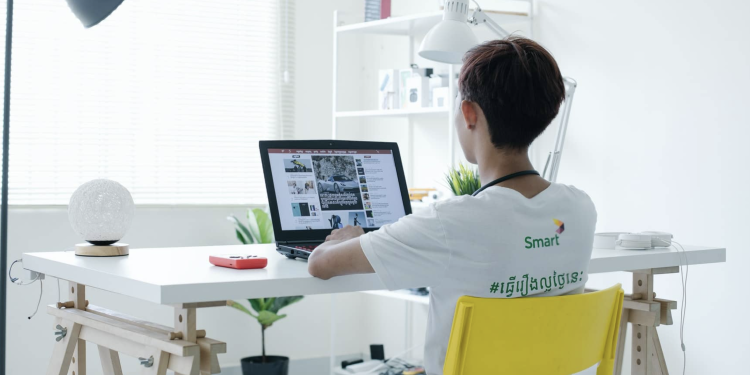With a wealth of information available on their electronic devices, students may think research involves little more than plugging questions into a search engine and looking at the first few results. The truth of the matter is that proper research is a vital life skill students can use inside and outside of the classroom.
How can teachers help their class understand how to become better researchers? These tips help students sort through massive amounts of information and misinformation while carefully considering the facts they consume. A few strategies are all it takes to help students become influencers and decision-makers at school and throughout life.
Give Students Opportunities To Share Their Findings
When students find answers to research questions, having the chance to share their findings can encourage them to give their all for future research projects. After spending hours parsing through sources and collecting information, students may find it anticlimactic to share their newfound knowledge with only their teacher and group members.
Instructors can get creative and ask their class to share their research on a school podcast or classroom blog. Getting hotspots for students or wireless internet for schools provides additional opportunities for students to flex their creative muscles off-campus if they don’t have access to the internet at home.
Stimulate Curiosity
When students are curious, they’re more likely to not only ask questions, but also get excited about learning. Curiosity pushes us to get out of our comfort zones and seek the unknown.
Teachers can stimulate curiosity by asking students questions and letting them discover the answers. It’s also a great idea to give students time to explore the subject, so they can ask themselves what’s missing from their basis of understanding. Having time to discover gaps in knowledge opens the door to filling those gaps with research.
Let Students Learn on Their Terms
Students are used to learning material by sitting through lectures, taking notes, and reading textbooks. While effective, these methods spoon-feed information to the class.
Teachers can help students engage with the material by prioritizing learner autonomy. An example of this is responding to a student’s question with another question. When instructors do this, it motivates students to discover the answer themselves using their own methods and resources. Independent learning can be more memorable than traditional classroom instruction.
Let Students Practice Managing Their Time
Poor time management skills and distractions can turn research sessions into time sucks. What students may mistake as “not enough time” could actually be “not enough of a plan.”
Instructors can ask their class to chart how they spend their time throughout the week. When they see their entire week laid out in front of them as a whole, students gain perspective on how they invest their energy and changes they can make to manage their time better.
Teach Students How To Set Goals and Focus Their Research
Some questions require only a quick search to find a definitive answer, but broader inquiries deserve deeper study. Students may become overwhelmed by the work required to research larger questions, which can stifle their curiosity and drive. Students may also uncover too much information while seeking answers and get sidetracked.
Having a main objective and micro-goals keeps students encouraged and headed down the right path. During daily lessons, teachers can show their class how to set small goals during a project and complete them one at a time. When overwhelm sets in, having measurable, specific, and realistic goals can clear the way to a breakthrough.
When students understand what it means to be good researchers, they feel empowered to challenge themselves and think critically. The right tips can mold a class into lifelong learners.







